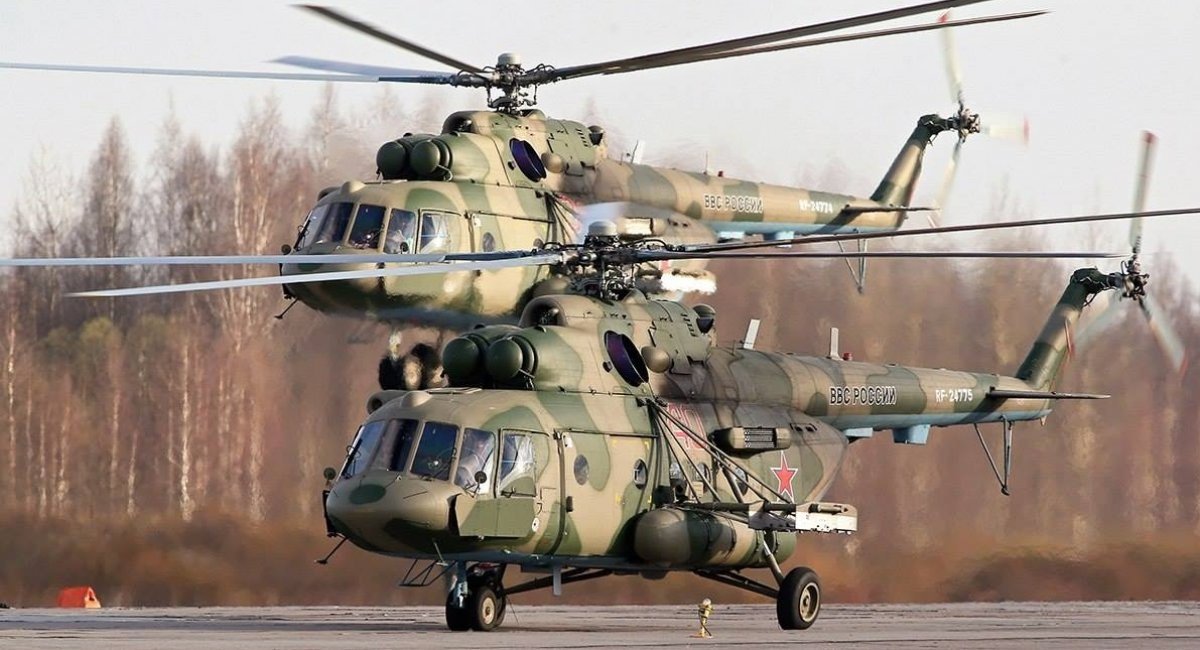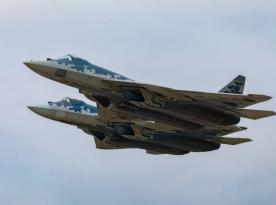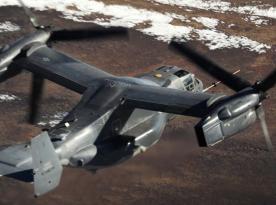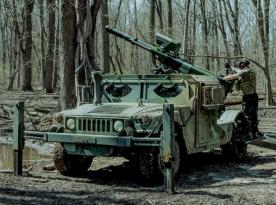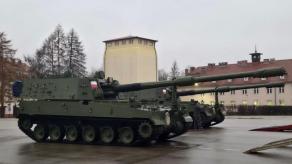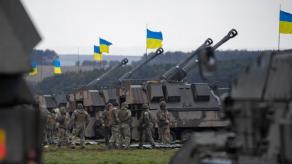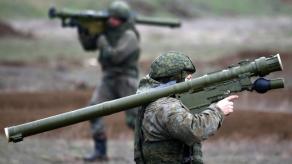The russian federation is actively seeking to return, or rather repurchase, previously sold helicopter engines from countries like Egypt, Pakistan, and Brazil. Utilizing high-level diplomatic channels and engaging in meetings with the presidents of these nations, the Kremlin aims to get the engines back.
According to The Wall Street Journal, discussions on this matter were held with the President of Egypt, Fattah al-Sisi. The negotiations reportedly followed Cairo's refusal to supply russia with ammunition, a demand strongly sought by the Kremlin the previous year.
Read more: Why Targeting russian Warships in Dry Docks is the Only Choice Ukraine Has
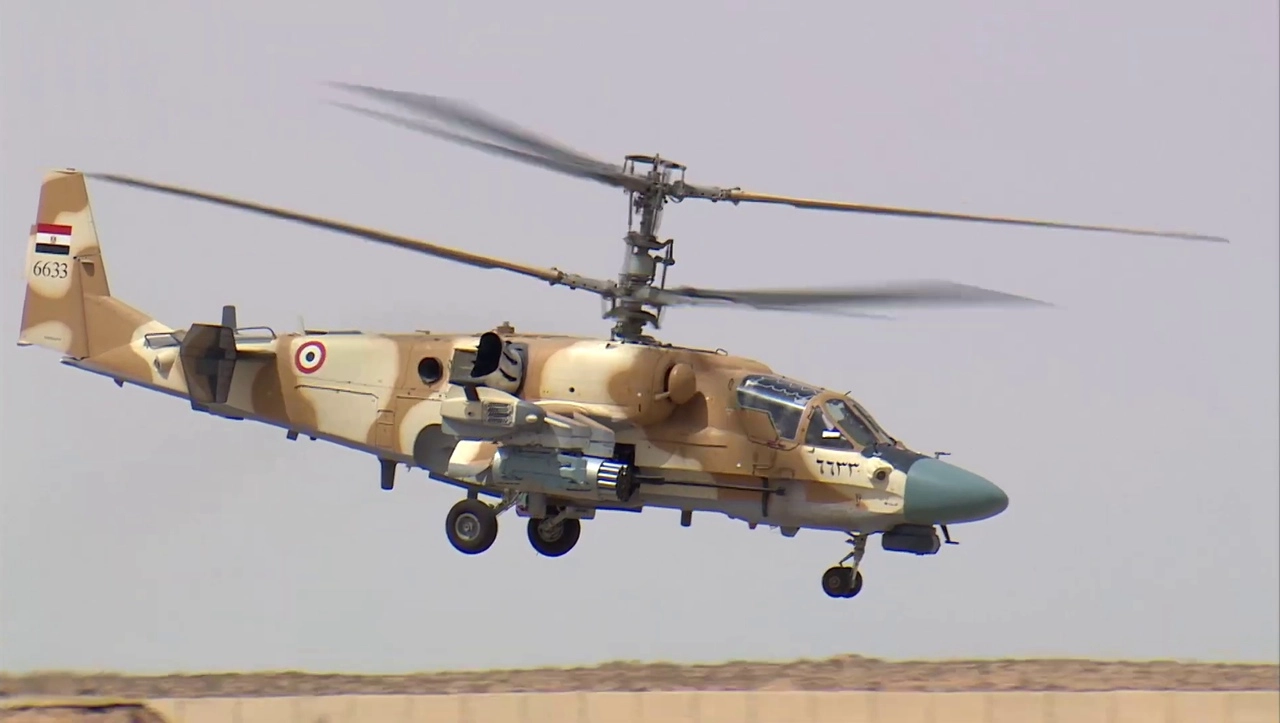
Conflicting information surrounds Egypt's decision on the potential sale of "hundreds" of russian-made engines. Officially, a representative of the Egyptian government denied any deals, stating that Cairo wouldn't put its own security at risk. However, three unofficial sources mentioned the readiness to send around 150 engines in the near future.

It's worth noting that Egyptian armed forces have a significant fleet of russian helicopters, including 46 Ka-52, about 13 Mi-24, 40 Mi-8, and 3 Mi-17, according to the Military Balance 2023. Although the article mentions only the latter two types, it implies that russia basically needs all of the engines for helicopters of Soviet–russian origin. Especially since they all are equipped with the same TV3-117 engine and its unlicensed copy VK-2500 (which is likely to almost entirely consist of smuggled components).
Most probably, history will repeat itself, as in the case of artillery rounds, when Egypt refused to sell them to russia but agreed to a deal with the United States. Reportedly, the shells ended up in Ukraine, used against the russian invasion forces. The possible reason why Egypt backed out of the initial plans was the publicity provided by media coverage.
After all, selling helicopter engines to russia now is playing with fire as it could complicate relations with the US and the EU and put half of Egypt's helicopter fleet on the ground permanently.
The thing is, Ukraine stands as the only alternative — or more precisely, the original source — for those helicopter engines. Suppose Cairo agrees to a deal with Moscow. In that case, it may cause problems to the other half of the Egyptian helicopter fleet, too, which consists of American and European rotorcraft, including 45 AH-64D Apache choppers.
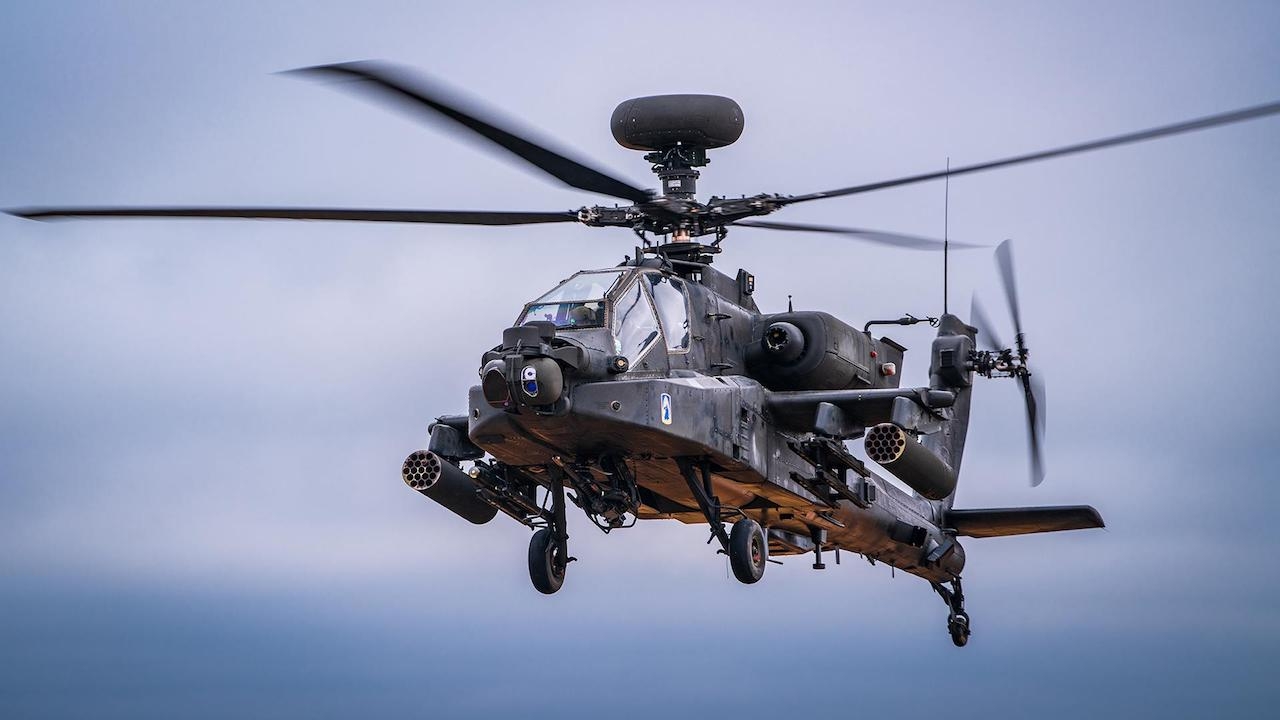
The demand for helicopter engines extends beyond Egypt, with the russian federation seeking 12 more from Brazil and 4 from Pakistan, both intended for Mi-35 helicopters, i.e. the same TV3-117 and VK-2500 types. This serves as a good illustration of the Kremlin's persistent pursuit of helicopter engines globally, even if the offer could be counted on fingers of one hand.
The russian federation's interest in decommissioned engines from Brazil was met with a refusal, and Pakistan officially denied receiving any request from Moscow.
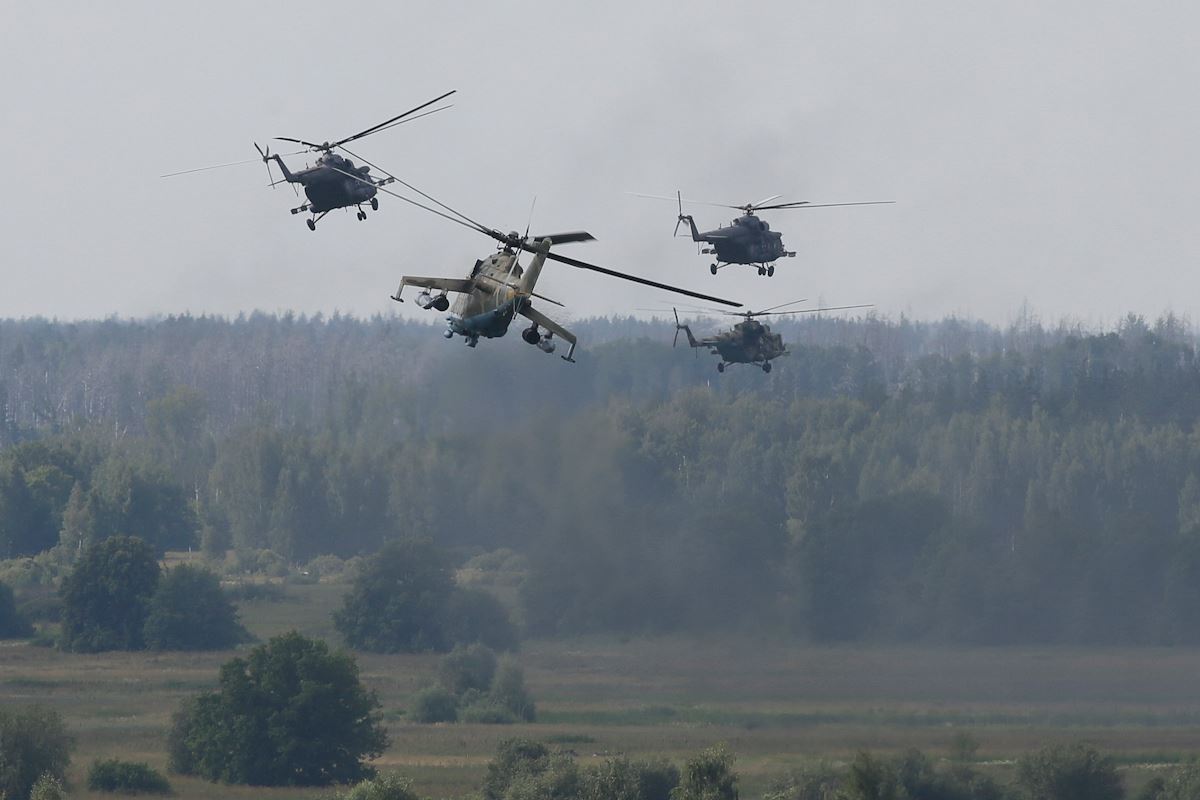
And the reason why russians are chasing helicopter engines worldwide, at least in any quantity, is quite understandable. In April 2023 russia admitted that despite the announced annual production of 300 VK-2500 engines, the demand is no less than 500. These power plants are required for the majority of russian helicopters: Mi-8, Mi-24, Mi-35, Mi-28, Ka-27, Ka-31, Ka-32, and Ka-52. On top of that, civil aviation needs them, too.
Against this background, russia really needs those lacking engines, even decommissioned ones from Brazil or those four from Pakistan, since the actual production of VK-2500 may be less than the declared capacity. This, in turn, calls for tightened control over the sale of TV3-117 and VK-2500 engines to avoid circumvention of sanctions imposed on russia.
Read more: Brazil Cannot Modernize Own Leopard 1 Tanks Because Spare Parts Now Go to Ukraine




